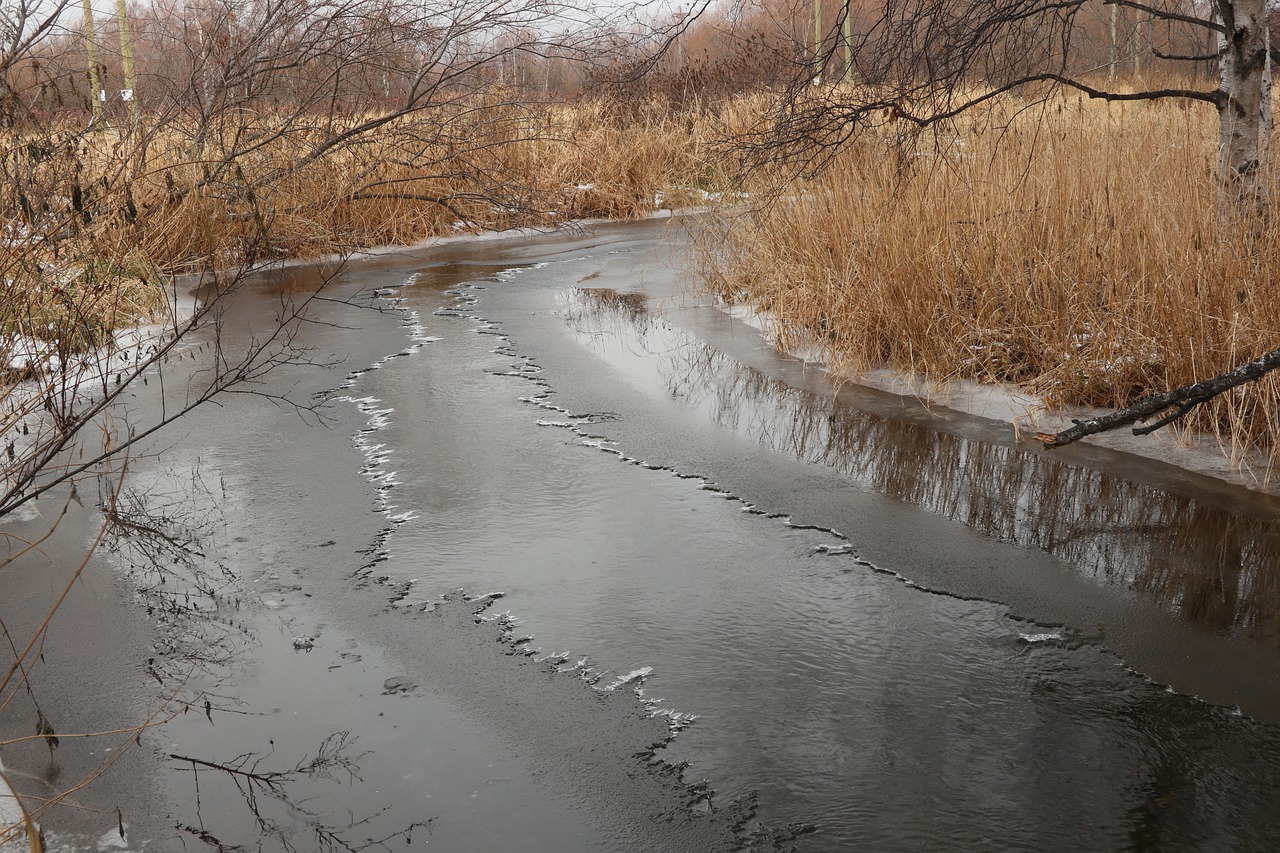
27 Feb How Many Fundraising Committees are Really Necessary?
27 February 2024
By David Allen, Development for Conservation
I once worked with an organization that had more board committees than board members. Just related to fundraising and communications, the organization had a Development Committee, a Corporate Relations Committee, a Fundraising Committee, a Membership Committee, a Newsletter Committee, a Publications Committee, an Outreach Committee, and two “Events” Committees. Several of these “committees” had only one person on them, and some had non-board members on them as well. But all of them were expected to make reports at Board meetings. I’m not making this up!
OK, so that’s an extreme case, but many organizations have variations on this theme. How did we get here? And how can we undo it?
I believe we’ve lost track of what “board” work is. We’ve confused board work with work that can and is done by any number of volunteers.
Consider:
When weeds need to get pulled, sometimes volunteers help pull them. Sometimes board members pull weeds, too. That doesn’t make weed-pulling part of a board member’s job description.
When appeal letters need to get folded, stuffed, and stamped, sometimes volunteers help fold, stuff, and stamp them. Sometimes board members fold, stuff, and stamp appeal letters, too. That doesn’t make appeal folding, stuffing, and stamping part of a board member’s job description.
The same kind of logic equally applies to bookkeeping, lawyering, easement drafting, preserve managing, membership renewaling, community outreaching, and field trip leading. Each of these activities could be done effectively by paid staff. I think of them collectively as “staff” work. Sometimes the “staff” who do the work do not get paid for it. Then they’re volunteers. When your organization has no staff, and volunteers do all the work, sometimes those volunteers are board members.
That doesn’t make any of these activities board work.
For organizations without paid staff, these volunteers should report to a board committee – but not necessarily to the entire Board. (Paid staff members more typically report to an Executive Director, who then reports to the board.)
So what is “board” work? In fact, board work comes down to just a few items:
- Governance: What is it that you’re here to do? (Goals) How will you accomplish those things? (Strategies) And how will you organize yourself to make decisions and get the work done? (By-Laws, Policies, Guiding Principles, Operating Standards)
- Management: Are we doing what we said we would? Are we internally compliant with our own standards and rules? Are we externally compliant with laws and regulations?
- Fundraising: Do we have the resources necessary to accomplish what we set out to do? (Time, talent, treasure) What strategies will we employ to attract and retain those resources?
- Celebration: Board members lead the public cheerleading when positive results are accomplished.
In my view, every organization needs a (single) Board Development Committee. The committee, as a group, should be focused on getting board members and donors together (cultivation) and regularly providing opportunities for interested people to invest in the programs and projects (solicitation).
In the absence of staff, the Development Committee can and should delegate responsibility for specific pieces of work to staff (both paid [contracted] and volunteer) and should monitor their progress. Examples include getting renewal letters out, writing grants, creating and distributing newsletters, managing a Facebook page, and organizing specific events. The “staff” involved should have clear direction and limits on their authority. Again – board members may be filling these roles, but they wouldn’t be acting in their capacity as board members. The work of the Development Committee increasingly relates to cultivating and soliciting major gift donors.
Just to examine one example more fully, consider a Membership Committee. This committee might organize volunteers to staff membership booths at public events, mail out an annual recruitment letter, renew all current members, and manage a definitive current member list for publication. The committee might be chaired by a board member, but it really wouldn’t need to be. The committee should have a job description (sometimes it’s called a “charter”), that defines its work and provides needed authorities to represent the organization.
The point is that it’s a volunteer organizing committee and should probably report to the Development Committee. It doesn’t need to be a board committee reporting to the Board.
If and when the organization grows to the point that it hires someone to do this work, that someone would replace the committee. I see many cases where this transition does not happen, and volunteers stay involved and invested in membership. This is inefficient at best, and distracting from higher-level board fundraising activities at worst.
So what should happen to all these committees related to fundraising and communications? It’s up to each organization’s leaders of course, but my suggestion is that they combine all the committees into just one Development Committee. Current committees of just one person or two people could simply develop a “job description” of their work and carry on. Larger efforts might warrant “sub-committees,” but most such efforts are limited in time and scope, so they are better given “ad-hoc” status. The Annual Fundraising Event, for example, lends itself to an ad-hoc committee approach.
How are board fundraising committees working – or not working – for you?
Cheers and Have a Good Week!
-da
PS: Your comments on these posts are welcomed and warmly requested. If you have not posted a comment before, or if you are using a new email address, please know that there may be a delay in seeing your posted comment. That’s my SPAM defense at work. I approve all comments as soon as I am able during the day.
Photo by Natalia Kollegova courtesy Pixabay



Libby
Posted at 17:09h, 07 MarchI’d be curious to hear more about what the singular Development Committee should be doing, other than just reviewing reports from staff on fundraising progress.